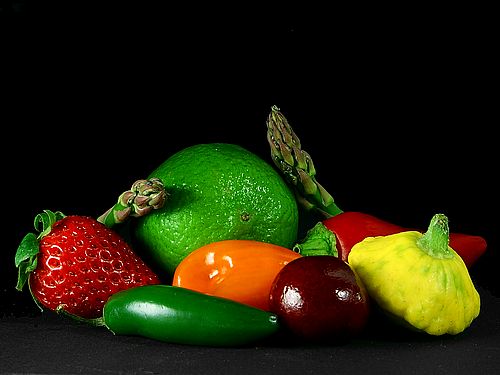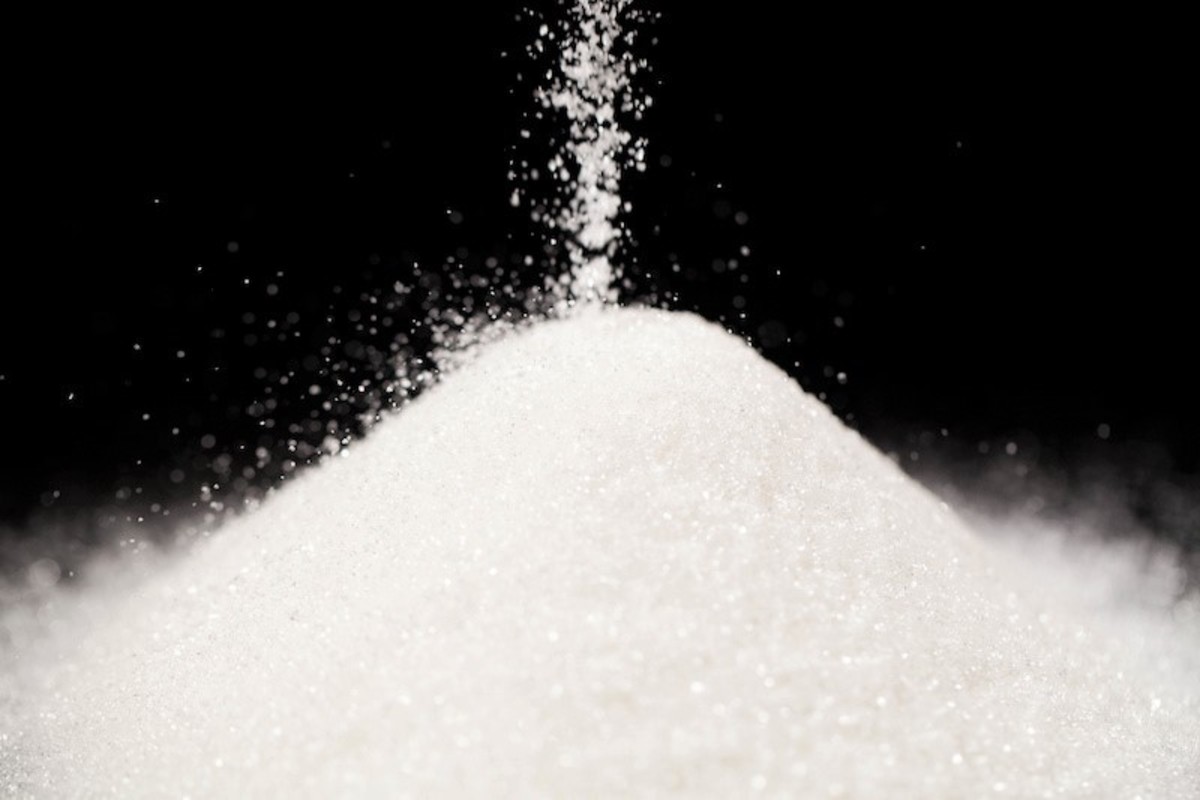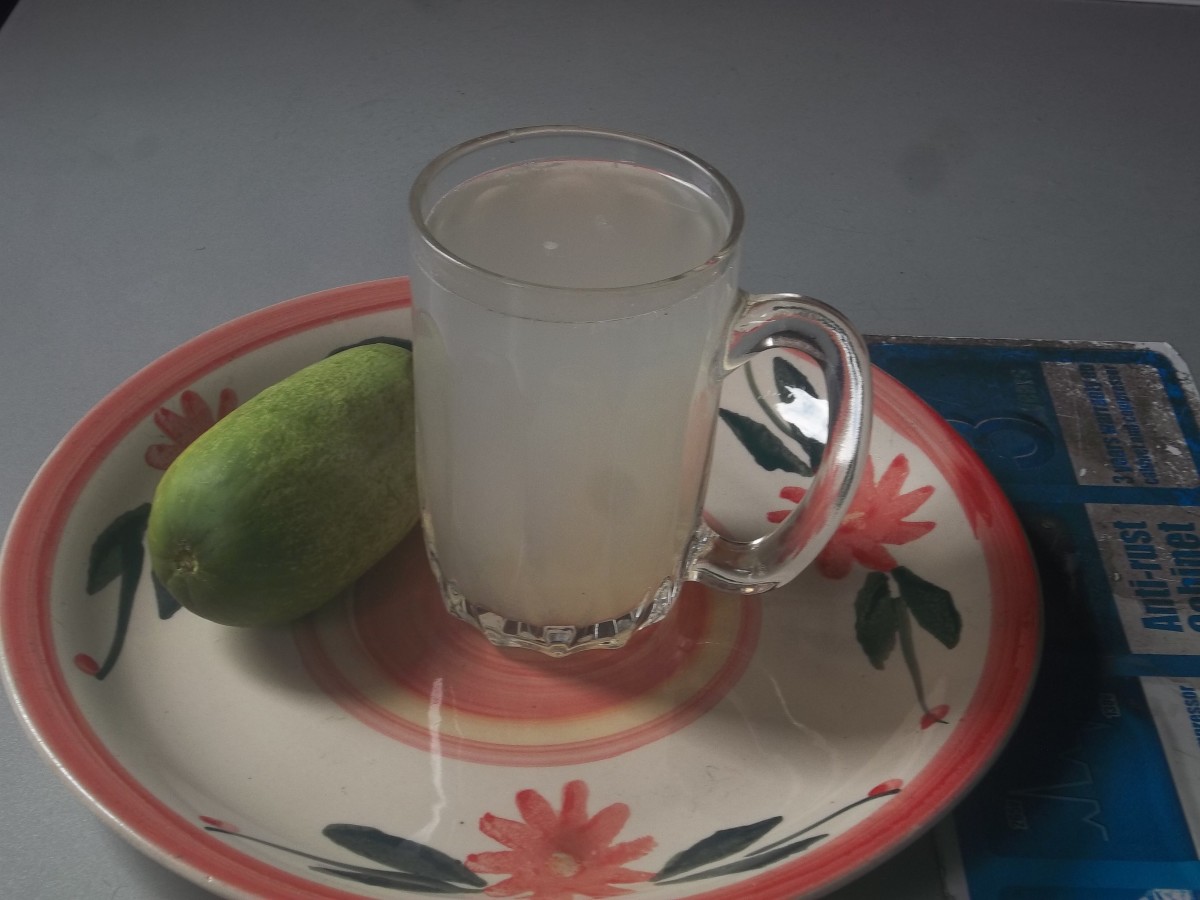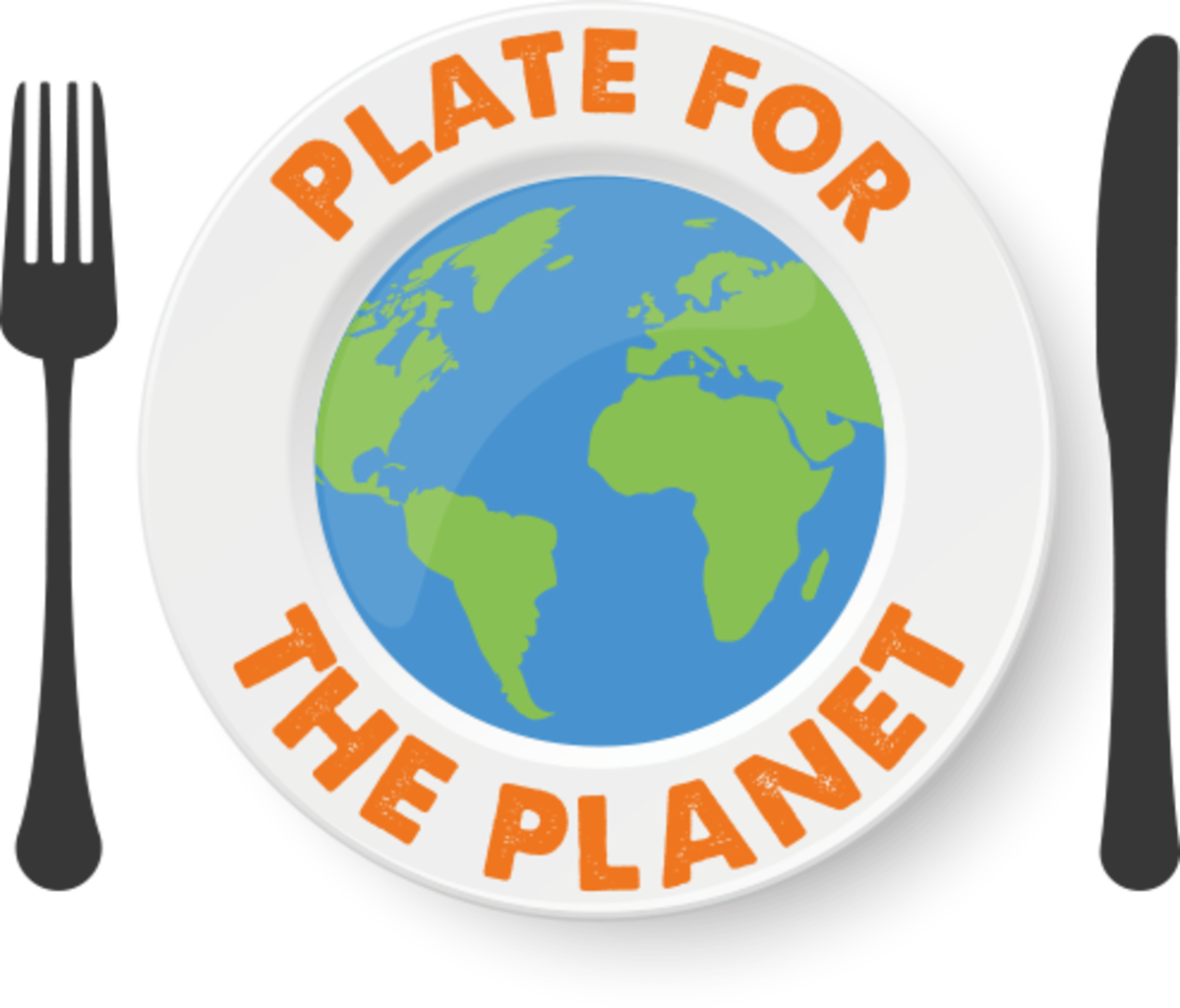All Carbohydrate Sources Are Not Equal
Glycemic Index Values Important
Choosing what to eat used to be simpler when all you had to know was that carbohydrates provided 4 calories per gram. But while it was simpler, such choices didn't always lead to healthy or even calorie-wise choices and eating habits. Science has helped us to better understand the differences between various types of carbohydrates, enabling us to make improved health-conscious choices.
Before the advent of the glycemic index, you knew there were two types of carbohydrates--carbs--simple and complex. Carbs were grouped according to the number of simple sugars in a molecule. Table sugar, sucrose, and fruit sugar, fructose, were designated as simple carbs. Complex carbohydrates were the starchy food members. At that point in time, you only had to remember to eat more of the complex carbs than the simple carbs and you'd be good to go.
As it turned out, some of the complex carbohydrates elevated blood sugar levels as quickly as their simple counterparts. The glycemic index ranks each food, not just carbs, based on that food's effect on blood sugar levels.
Carbohydrates with high glycemic index numbers raise blood sugar levels faster and higher than carbohydrates with lower glycemic index numbers. Understanding and applying this information is important to good health and nutrition at all times, but especially true in the current culture where the numbers of overweight people and those with diabetes are increasing at an all-time high pace.
The best carbohydrates to eat are those that provide nutrients such as vitamins, minerals, fiber, and phytonutrients. Such carbs are whole grain products, fruits and vegetables.
In multiple studies done by groups such as the Nurses' Health Study, the Black Women's Health Study and others, high-glycemic index foods correlated with an increased incidence of type 2 diabetes. The foods identified in these studies that promoted a high-glycemic response were potatoes, white rice, carbonated beverages and white bread, as reported by the Linus Pauling Institute of Oregon State University.
Low Glycemic Index Foods

Related Articles/Hub
- High Fructose Corn Syrup: What's All the Hubbub?
High fructose corn syrup...what can possibly be wrong with a natural sweetener? Your mother and grandmother likely used Karo corn syrup for baking--and perhaps you do too. Is this product something to be... - Carbohydrates - What Should You Eat? - The Nutrition Source - Harvard School of Public Health
Choose good carbs, not no carbs. The best sources of carbohydrates--whole grains, vegetables, fruits and beans--promote good health by delivering vitamins, minerals, fiber, and a host of important phytonutrients. Easily digested carbohydrates from wh - Linus Pauling Institute at Oregon State University
Linus Pauling Institute at Oregon State University









